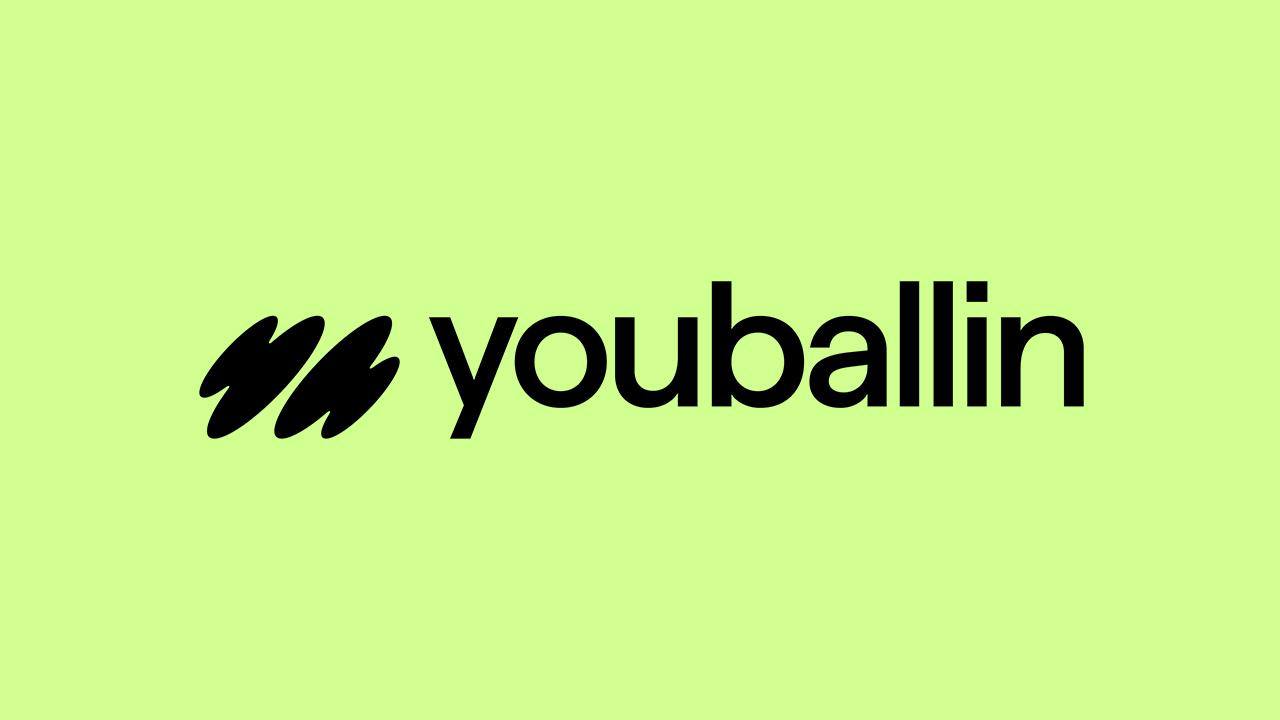The Evolution of Technology: AI, Business Innovations, and Future Implications
Author: Shawn Knight

In recent years, the rapid advancement of artificial intelligence (AI) has fundamentally reshaped the technology landscape, leading to significant innovations in various sectors, including healthcare, security, and consumer products. With the touch of a button, AI is enabling unprecedented capabilities, signaling a transformative era that calls for a deeper exploration of its implications.
Initially, concerns over AI revolved around its job-displacing potential; however, recent analyses indicate that it can enhance productivity and create new opportunities. For instance, companies are now leveraging AI tools to streamline operations, improve customer interactions, and even engage in proactive decision-making. A notable example comes from Oregon Health & Science University, where researchers developed an AI program capable of detecting larynx cancer by analyzing vocal patterns, showcasing AI's potential in revolutionizing healthcare diagnostics.

AI's capability to detect larynx cancer demonstrates its transformative role in healthcare.
The commercialization of AI technologies has seen startups flourish, particularly in technology hubs such as Silicon Valley. In July alone, thirteen startups achieved unicorn status, with five emerging from the Bay Area. This trend highlights the dynamism of the startup ecosystem, reflecting a growing appetite for innovative solutions that incorporate AI as a core component.
One of the more disruptive innovations in the creator economy is YouBallin, a Web3 talent platform designed to empower creators and fans alike. Unlike traditional platforms that often restrict visibility and financial compensation, YouBallin allows creators to monetize their work directly through tokens and NFTs while giving fans active participation in selecting which talents gain exposure. This model signifies a shift toward a more decentralized and community-driven approach in the content creation industry.

YouBallin leverages Web3 technology to transform the creator economy.
Furthermore, as companies explore the fusion of AI with physical products, we see technology giants like Samsung potentially entering the smart glasses market, aiming to create devices akin to Meta's Ray-Ban glasses. The integration of augmented reality features into everyday products could redefine consumer experiences, blurring the lines between digital and physical interactions.
In the field of oncology, Tevogen.AI is advancing its collaboration with major tech companies like Microsoft and Databricks to enhance its PredicTcell model—an advanced AI tool aimed at improving cancer treatment predictions. As AI continues to take a significant role in healthcare innovations, it brings forth the potential to accelerate new therapies and heighten treatment effectiveness.
Another potential application of AI is in home automation and security. Apple is positioning itself to expand its product lineup into AI-driven robotics and enhanced home security systems, which could see the personal assistant, Siri, evolve into a more interactive and integral part of users' lives.

Apple's ventures into AI-infused technologies aim to enhance smart home experiences.
However, as the tech job market in states like California, Texas, and Virginia shows signs of stagnation, some experts posit that AI may be contributing to this trend. Job postings in the tech sector saw a notable decline in July, causing concern amongst professionals in the industry. This raises important questions regarding the balance between AI advancement and employment opportunities.
In conclusion, the integration of AI across various sectors signifies not only a technological transformation but also a cultural shift in consumer behaviors and market dynamics. The continual evolution of AI systems affects how we work, live, and interact with technology, painting a complex yet promising future.